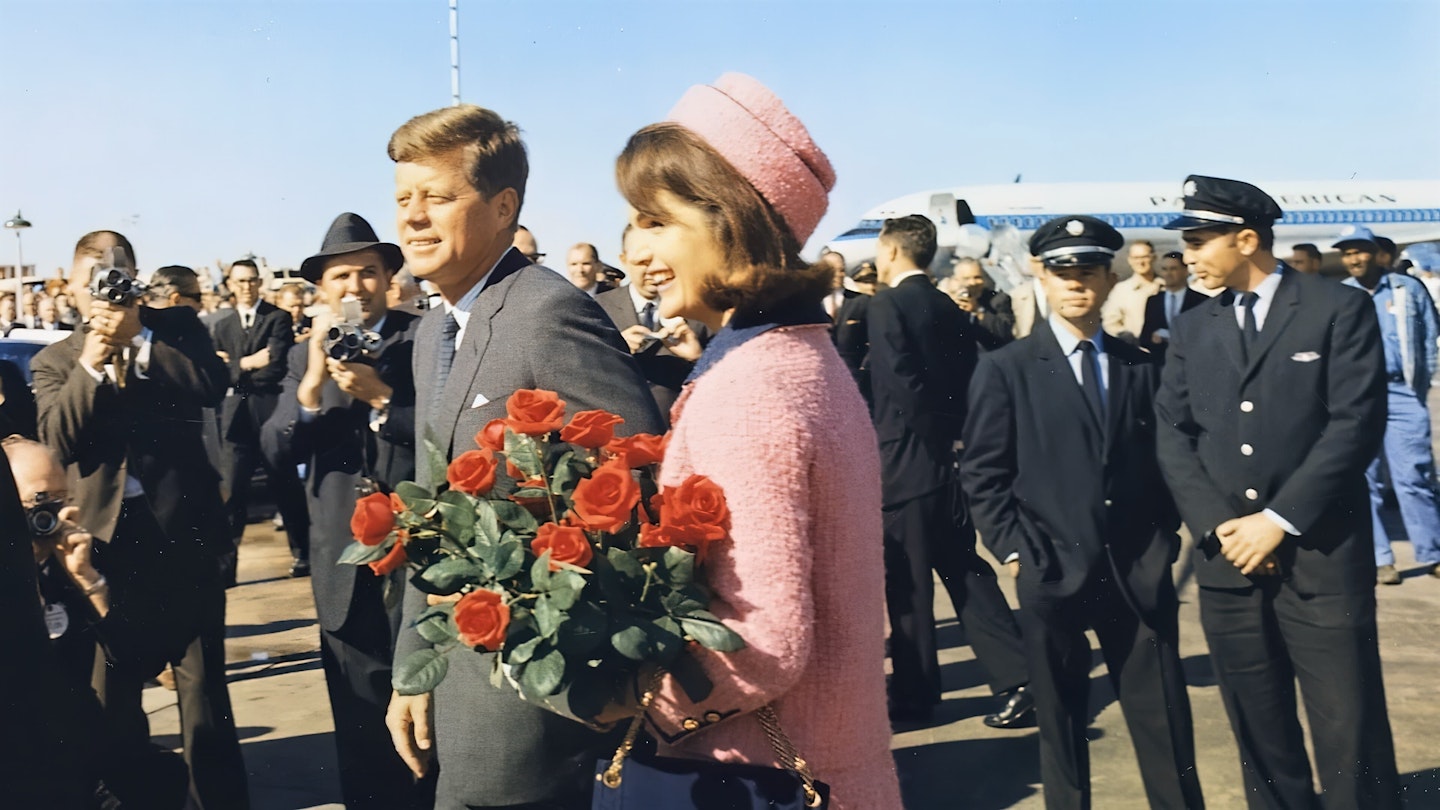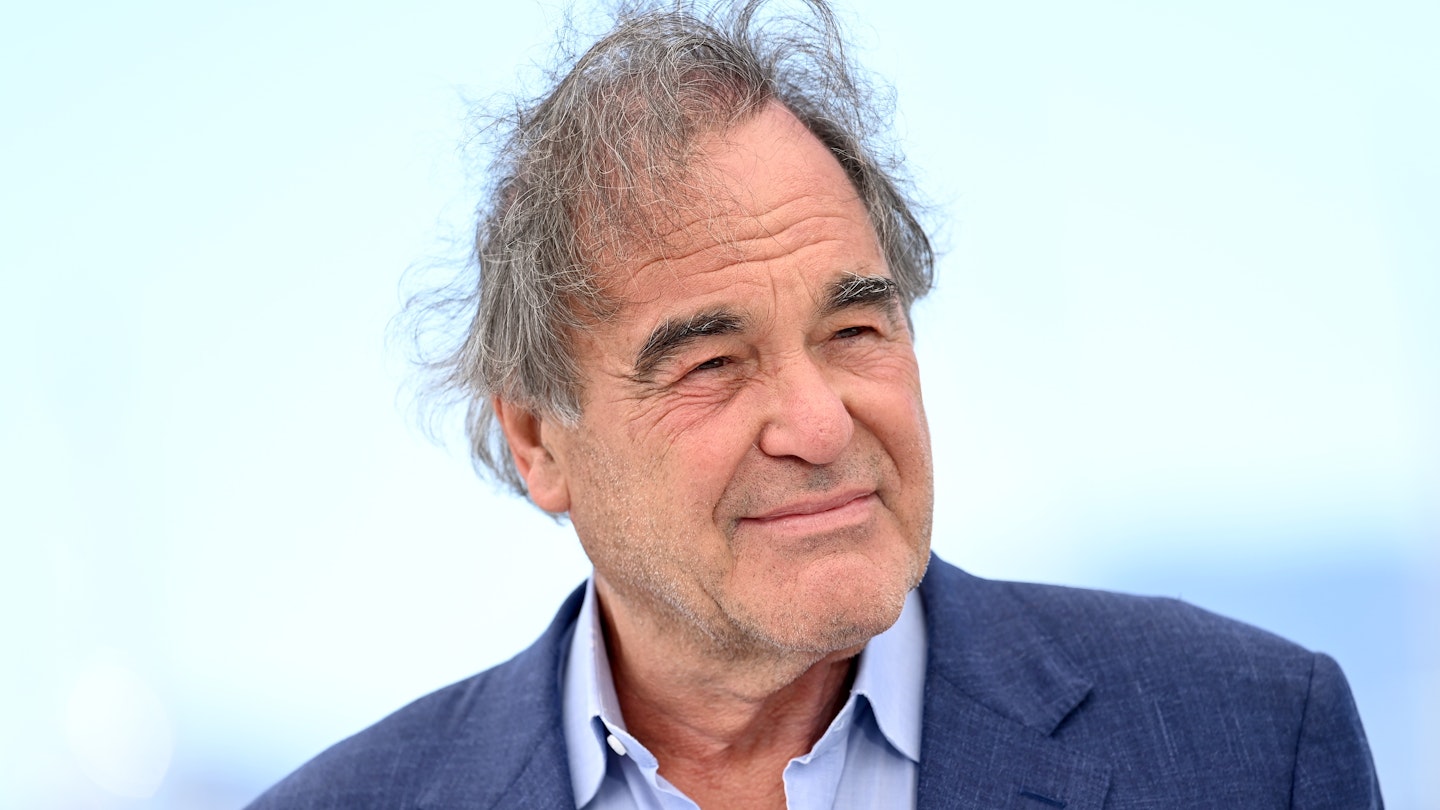In an electric surge of news footage — Cronkite mopping his brow, Oswald playing the patsy, Jack Ruby loose in the Dallas police department, the undiminished cosmic shock of Zapruder-cam — it all comes flooding back. Who can forget the day they saw Oliver Stone’s JFK?
In this beguiling though hardly revelatory sister doc, he has gone back and to the left of his masterful 1991 thriller, doubling down on his multiple-shooter theory, his magic bullet, his cabals of CIA-backed Cuban hotheads. “Massive inconsistencies,” he whispers, shaking his head as unwavering experts (of mixed legitimacy) clamour over counterfeit autopsies and book-depository stairwells. It’s like a comeback tour with nothing but the hits: the floorplans, the diagrams, the expert rebuttal of ballistics tests. Buy it or not, Stone can sure mount an argument. In an era of the true-crime podcast and serial Netflix injustices, this is the forensic sizzle of a conspiracy virtuoso.

Much like Kevin Costner’s case as inflamed DA Jim Garrison, the film neatly slices into two halves. The first, narrated by the what-the-hell incredulity of Whoopi Goldberg, tackles the assassination and its immediate aftermath. And here the documentarian's aim is true. Whether ineptitude or cover-up, there can be no doubt that the official 1964 Warren Report has more holes than a salt shaker. Nor about the overwhelming sense of a world thrown out of joint by those reports echoing over Dealey Plaza.
Amid the thrilling frenzy of information and theory, opportunities go begging.
Then it’s headfirst into the paranoid lasagne of the big picture, urged on by the edgy timbre of Donald Sutherland (X stills marks the spot). What Stone now questionably declares to be the “conspiracy facts” of the Bay Of Pigs, Vietnam, and the show-stopping military-industrial complex, with no countervailing views to slow the white-water rush of his evidence.
Amid the thrilling frenzy of information and theory, opportunities go begging. The chance to step back and reflect on how the JFK movie itself affected opinion, or upon Stone’s own place in JFK archaeology, an obsession that keeps him digging. There was an anguish in his 1991 movie over America’s corrupt heart that surely resonates louder than ever, yet he never asks what the killing of JFK might mean among the QAnon truth-torching of 2021. At times, you wonder if he’s trapped in the past.

